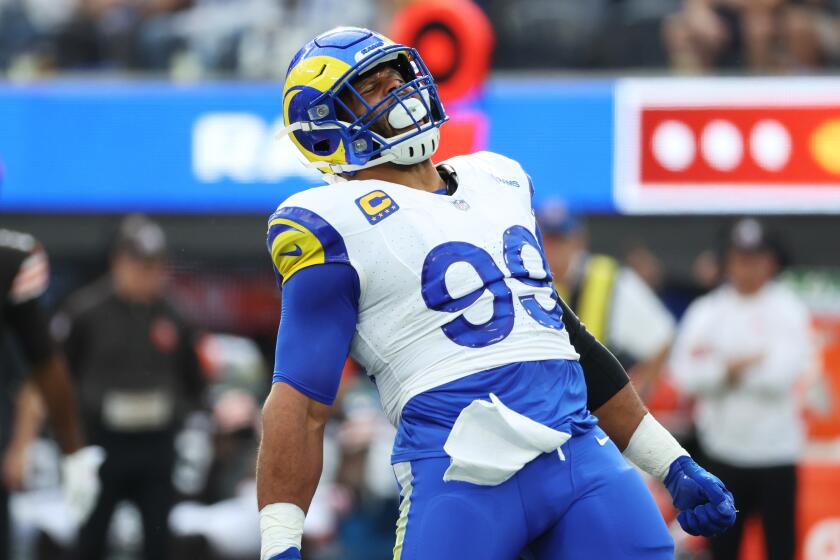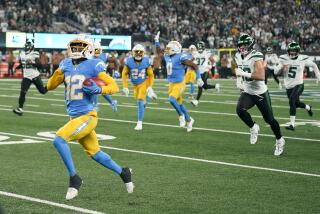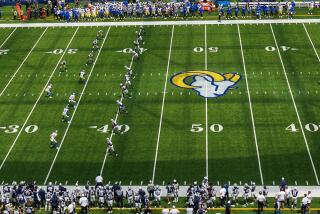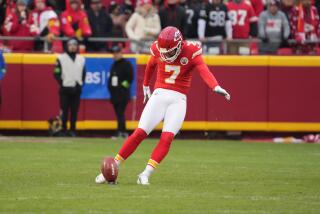Dangerous ‘hip-drop’ tackles, kickoffs focus of NFL meetings in Orlando
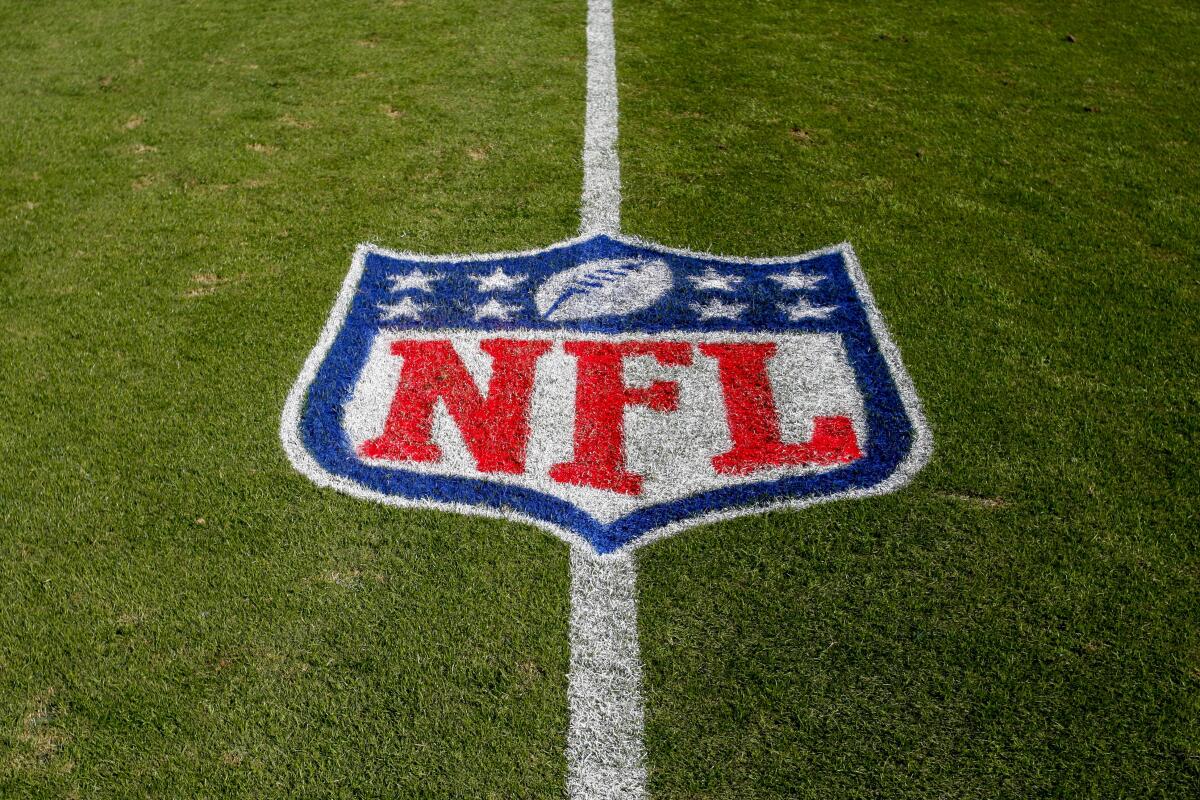
The NFL has long worked to take the head out of tackling, a change in the name of safety to reduce the number of head and neck injuries. Now, there’s a focus on eliminating so-called hip-drop tackles.
The hip drop involves a defender hoisting himself off the ground and dropping his hips and/or lower body to pull an offensive player straight down, frequently trapping the lower legs of the person being tackled. A league study determined those types of drag-downs result in as many as 25 times more injuries as conventional tackles.
“When they use that tactic, you can see why they do, because it can be a smaller man against a bigger man and they’re trying to get that person down because that’s the object of the game,” said Rich McKay, chairman of the league’s competition committee. “But when they do it, the runner becomes defenseless.”
Eliminating those tackles will be in focus this week at the annual league meetings, which take place Sunday through Tuesday in Orlando, Fla.
In the name of safety, the committee also will consider a revised, XFL-style kickoff in which the kicker stays in the same place, but the rest of the coverage team lines up on the opposing team’s 40. That does not allow players to gather the same head of steam for those tremendously violent collisions that occur with traditional kickoffs. Only the kicker and two designated returners could move before the football is engaged.
Aaron Donald explains why he decided to retire from Rams, saying he could not imagine putting his body through another training camp and 17-game season.
As is the case every offseason, multiple teams have submitted rules-change proposals that will be discussed and sometimes voted on, with each requiring 24 votes — a three-quarters majority of the 32 teams — to pass.
The Philadelphia Eagles have proposed allowing trailing teams to, instead of attempting an onside kick, opt for a fourth-and-20 from its 20 after a touchdown or field goal.
The Indianapolis Colts have proposed allowing a coach or replay official to challenge any call made inside of two minutes remaining in a half, in an effort to correct bad ones.
More to Read
Go beyond the scoreboard
Get the latest on L.A.'s teams in the daily Sports Report newsletter.
You may occasionally receive promotional content from the Los Angeles Times.

